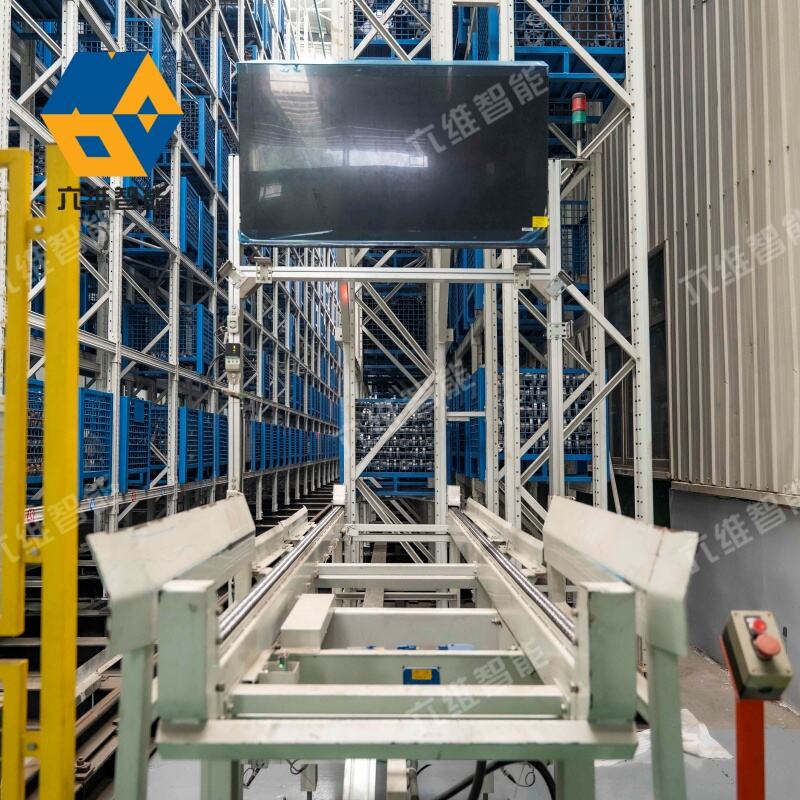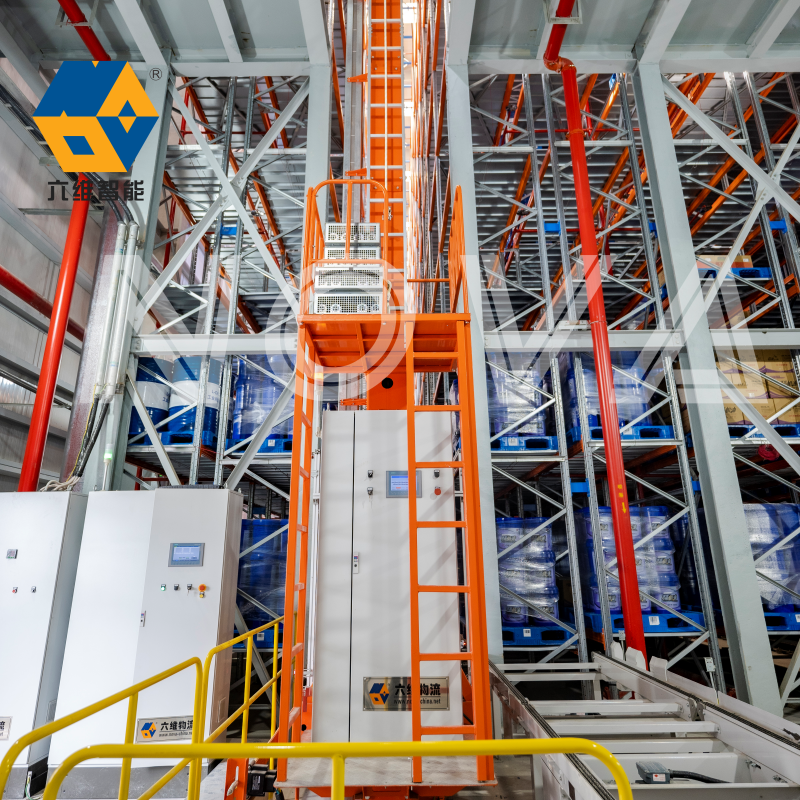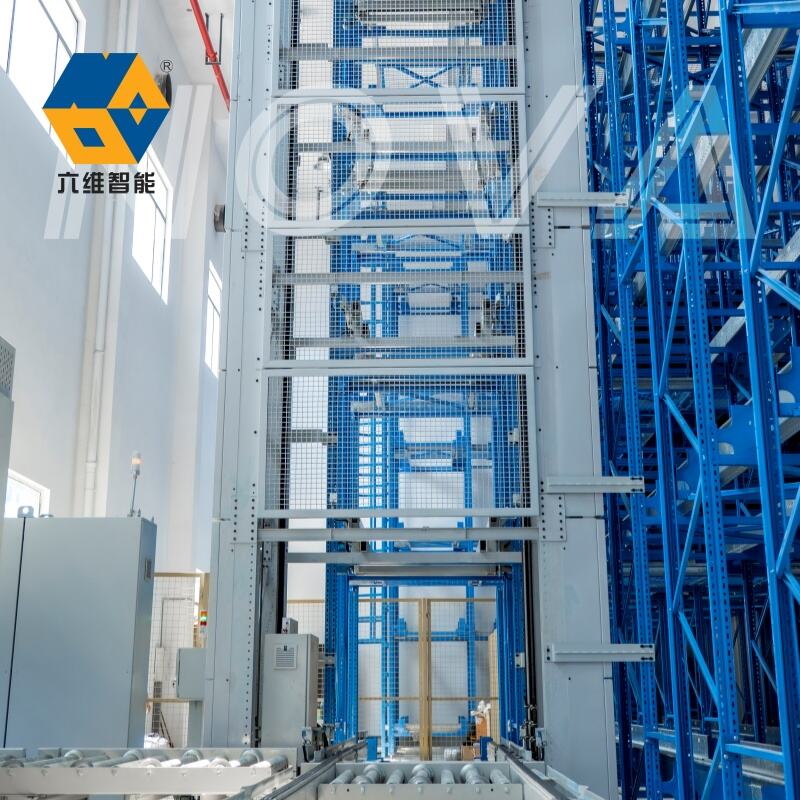automated storage
Automated storage systems represent a revolutionary advancement in warehouse management and inventory control. These sophisticated systems combine advanced robotics, artificial intelligence, and precision engineering to create a seamless storage solution that maximizes space utilization while minimizing human intervention. The core functionality revolves around automated storage and retrieval mechanisms that can handle various load sizes and types, operating 24/7 with consistent accuracy. These systems typically feature high-density storage configurations, utilizing vertical space through innovative lift and shuttle technologies. The integration of smart sensors and IoT devices enables real-time inventory tracking, while advanced software systems manage complex algorithms for optimal item placement and retrieval sequences. Modern automated storage solutions incorporate multiple safety features, including automated fault detection, emergency shutdown protocols, and predictive maintenance capabilities. The systems can be customized to accommodate different industry requirements, from small-scale operations to massive distribution centers, offering scalability and flexibility in implementation. These solutions particularly excel in environments requiring high-throughput operations, precise inventory control, and minimal error rates in order fulfillment.


